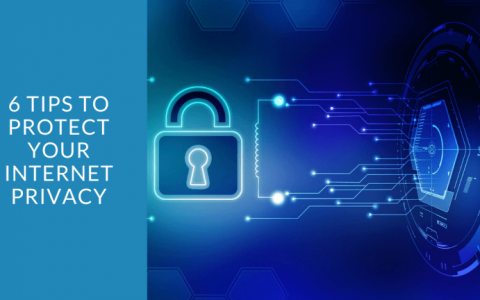
With remote working fast becoming the new norm, it’s important to take stock of fresh security concerns.
A lot has happened in 2020, but one of the biggest changes for businesses has been the number of offices now operating on a strictly remote basis. This can have consequences for your organisation’s security, and being aware of these threats is the first step to tackling them effectively.
With that in mind, here are five of the biggest risks to your cybersecurity when working from home.
Old or unprotected routers
Home networks are, in general, less secure than workplace connections, and the router is often one of the weakest points. Old routers can hold vulnerabilities that put the whole network at risk, as they are easy for hackers to exploit.
Updating router firmware is vital when it comes to boosting cybersecurity in the home. This adds an extra layer of protection that makes your router less of a target for hackers. Default or weak passwords should also be changed to something strong and unique.
Internet of Things (IoT)
The IoT describes the growing connectively of our home devices. From fridges and heaters to televisions and consoles, more and more standard household items are being connected to the internet in order to add functionality and convenience. And while this is handy, it also poses potential security threats, especially if that same internet connection is being used to handle sensitive work data.
A single vulnerability within a single device can give hackers the opening they need to access the network as a whole, so being smart device savvy is key.
Video communication platforms
Video platforms like Zoom have become incredibly popular during the COVID-19 crisis, effectively replacing face-to-face meetings in the workplace. But these applications also come with their fair share of security concerns. Using platforms like Zoom across multiple devices can create vulnerabilities for business data, so it’s important to monitor how and when these apps are being used.
In general, corporate or paid platforms offer a higher standard of security than free options. Minimise the number of platforms used within your organisation, opting for one app that’s used uniformly across the team.
Increased data sharing
Work from home communications are wholly dependent on internet connectively, and this means that data is constantly being shared across devices and networks.
Using the right kind of connection is key. Public networks offer a whole host of security concerns, and are all too easy for hackers to access without much effort. A more secure approach to data sharing is necessary, including secured applications for file sharing, sending and receiving emails, or using secure VPNs.
A lack of support
As they would when working in the office, remote workers may find themselves in need of help from their in-house (or perhaps we should simply say, employed) IT department. However, actually receiving this help may be hindered by distance and logistical challenges.
For example, if a team member experiences a breach or an attack occurs, the IT team may struggle to prevent the attack remotely, leading to greater consequences.
An effective Disaster Recovery and Business Continuity Plan are paramount in remote working instances. Being prepared with tailored security measures will help you lessen the damage from a cybersecurity incident and get your operation up and running again quickly.
Tackling cybersecurity concerns requires help
Working remotely doesn’t mean you have to struggle with security issues in isolation. Seeking out cybersecurity consultants to support you with your information security can give you the peace of mind that your data is as protected as possible, even in remote settings.
The key to effective cybersecurity is to act proactively, rather than reactively. Avoiding a data breach is far less costly — both in terms of time and money — than dealing with the fallout after an incident has occurred. Take the necessary steps now in order to protect your business in the long term.




